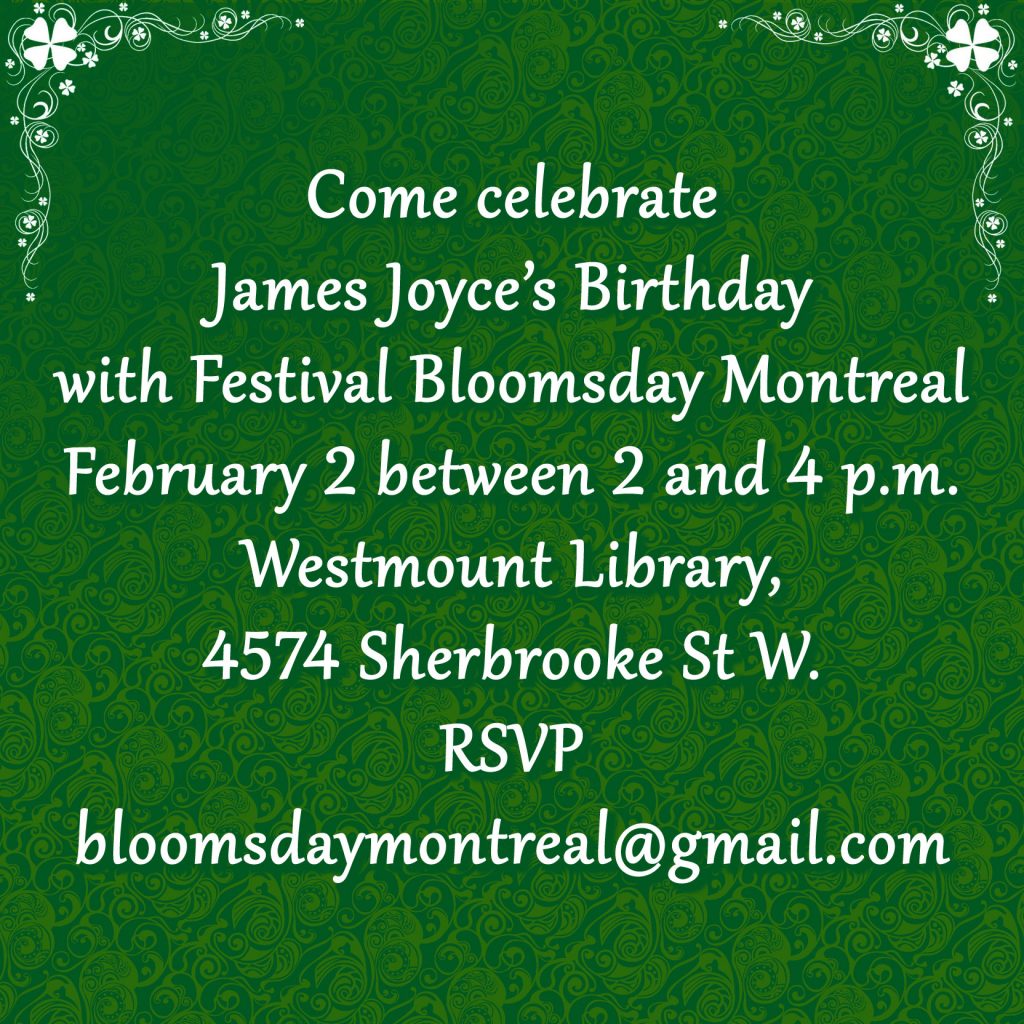Great post by Ian Ross and comment by Dave Schurman at: The Most Ravishing Sentence: Ulysses by James Joyce
Novelist Gary Shteyngart once said in an interview (while in opposition to the evolution of e-readers) that they ruined the fairytale of some young man hunkered down on the subway, sitting across from a potential lover, holding out his cover of Ulysses and wooing this literary inclined gal by the title in his hands alone. E-readers, with their plastic frames, their digitized screens and overall mystery as to what its owner is consuming, outright stifled this display of Joycean bravado. How are you supposed to pick up girls if they can’t see you sympathizing with Leopold Bloom?
The fact that Shteyngart would go so far as to declare the mere presentation of Ulysses to be some sort of mating call on the crowded trains of NYC (one assumes this is the locale he had in mind, but one could be wrong; I’m sure the art and text on the hardcover of Ulysses looks really slick in Japanese) is an immediate branding that yes, this novel is important and influential and revolutionary and etc., but yes, this book can be sexy too, and yes, when the intimidated reader decides to invest in the effort needed to conquer this beast, they need to remind themselves (at pretty much all times) that the end is worth it, and that they have the mental fortitude to finish, and when someone sees Ulysses on their nightstand and asks, “Are you actually reading that?” they can reply with an affirmative: “Yes, I say. Yes I am, yes.”

We recently hit the 75th anniversary of James Joyce’s death, and it got me thinking about his masterpiece. Though my process was a bit weird, I think it’s fair to say I’ve read Ulysses twice, a few years back. During my first go at it I would read a chapter, try and digest just what the hell I’d been witness to, and then read a book of analysis on that chapter, only to follow up with an immediate second read of the prior undigested chapter, and try yet again (now equipped with the proper knowledge) to understand what was going on. Mostly, and I’m sure this is not uncommon, I really just fell in love with the cadence of the novel, with its music (sometimes atonal, sometimes jaw-droppingly mellifluous). From the words alone, Joyce’s genius was unmistakable. He was able to take the English language and turn it into a symphony, craft sentences that make you want to pull a living version of the Irishman aside and shout, “Thank you!” into his near-blind visage.
Ulysses carries an extra-heavy weight for me, however, as within its pages holds my favorite sentence of all time: “The heaventree of stars hung with humid nightblue fruit.” I honestly feel I could teach an entire class on those nine words and why oh why they’re completely delectable, how they tickle me. There’s so much to love about that sentence, and I even saw it marked with reverence in a Martin Amis essay before I read the actual book. Waiting for those words to appear in context as I labored page after page was like hunting a basket of candy on Easter morning: it was well-hidden, buried deep, but I knew I’d find it eventually.
This piece isn’t really so much a traditional book review (good luck reviewing Ulysses like that anyway), but more of my own “Thank you” to the sickly, brilliant Irish novelist that changed the very atoms of fiction forever. Books like Ulysses—atomic bombs, that is—often do provoke a bit. They come along once a generation or so, and they twist and shake and explode the rules of what you can and cannot do.
And so I’ll say it again, louder this time, and I want you to really think about this line, about the precision and the pleasurable jolt that often comes from the right words joined at the hip. Yes, I’ll say it again: “The heaventree of stars hung with humid nightblue fruit.”


Recent Comments